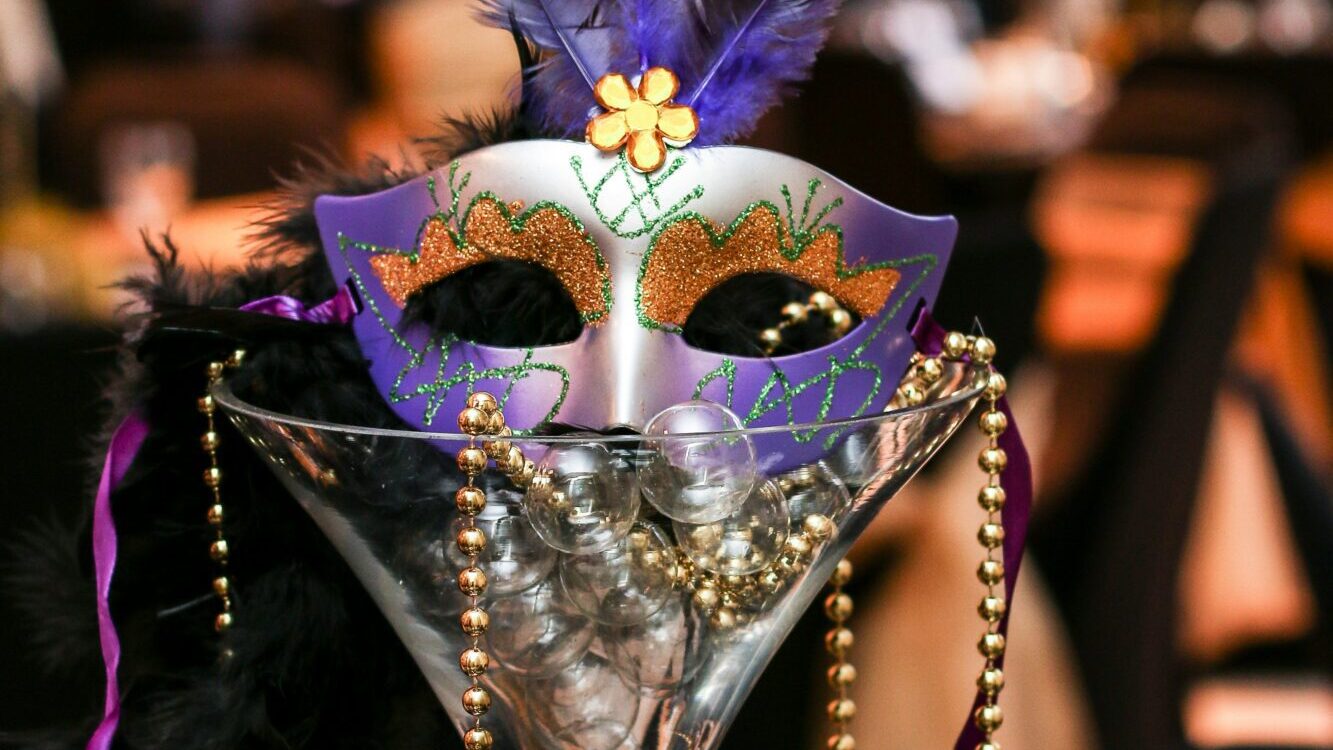
Photo by Hush Naidoo Jade Photography on Unsplash
Gone are the days when Washington National Opera—designated “national” by Congressional Act in 2000—presented a reliable season of eight operatic productions. As its offerings wane, one of this season’s main stagings came in a colorful but brief 75-minute adaptation of Jacques Offenbach’s La Périchole, presented under its English title, The Songbird, as a vehicle for the skilled and limpid mezzo-soprano Isabel Leonard.
Offenbach is best remembered for his only opera, Les Contes d’Hoffmann (The Tales of Hoffmann), an insightful, phantasmagorical portrayal of the historic German writer E. T. A. Hoffmann as he recounts three failed love stories while living out still another. Unfinished at the time of Offenbach’s death in 1880, posthumous orchestration and arranging led the opera to a place in the established repertoire. The composer’s creativity, however, had truly surged in the lighter genre of operetta, a shorter, easier, superficially more engaging, and—as this production proved—more malleable art form. It drew in bourgeois audiences in 19th century Paris, where Offenbach tried to make his fortune after a 21-year, pan-European career as a cellist.
La Périchole premiered in 1868, with a libretto by Ludovic Halévy and Henri Meilhac, the same duo who would later write Georges Bizet’s Carmen. Like Carmen, La Périchole was also based on a story by the writer and polymath Prosper Mérimée, who among other exploits worked as an archeologist, France’s inspector general of national monuments, a Second Empire senator, and a member of the French Academy.
Unlike Carmen, it is a comedy. The plot, as one finds in Offenbach’s operetta as well as in this occasionally zany adaptation, is paper thin. In 18th century Peru, the Spanish viceroy Don Andrès encounters an itinerant street musician couple—a young woman known as the “Songbird” of the operetta’s title and her amour Piquillo—who are too poor to marry and who do not even have enough money to eat. When Piquillo goes off in search of work to feed the couple, Don Andrès, who is enamored of the Songbird, tempts her with lavish banquets that she could attend as a lady-in-waiting—or as his mistress. Songbird outsmarts the viceroy, accepting the position to satisfy the couple’s material wants, but with no intention of giving up her virtue. Her farewell letter to Piquillo declares that she still loves him, but Piquillo neither sees past the apparent betrayal nor guesses at Songbird’s ruse. Eventually, everything is sorted out and Don Andrès magnanimously unites the couple in matrimony.
In what the program describes as a “freewheeling take” on Offenbach’s original operetta, Eric Sean Fogel’s approach, based on WNO artistic director Francesca Zambello’s original production for the Glimmerglass Festival in upstate New York, moves the action from colonial Peru to a flashy 1920s New Orleans during mardi gras season. The town certainly had itinerant singers in those days, but Don Andrès becomes the city’s crooked mayor. The action is frenetic, and one wonders how much of Offenbach’s original music survives in the new orchestration by James Lowe, who also conducted the work. A jazzy idiom is upbeat and runs strongly throughout the piece, helped by an 11-piece orchestra stationed at the rear of the stage under a sign that proclaims “Best Live Music in New Orleans.” Kelly Rourke’s English-language libretto is punchy and flavored with slang, but gets the original story across in an appealing vernacular. James F. Rotondo III designed a speakeasy-style set that captures the era’s excesses while allowing for modest set changes to drive the action. Marsha Leboeuf’s and Timm Burrow’s costumes give us flappers and dandies, town fathers and fading elites.
Leonard, a versatile singer who has mastered a huge slice of the mezzo repertoire—from Carmen to Rosina to Musetta—made Songbird her own, singing with gorgeous runs and warm lyricism. She had some practice for the part’s arias, which she sang in February in a characteristically eclectic collection of works in Florida at the Palm Beach Opera’s annual gala. Ramin Karimloo sang Piquillo with charm and pathos, though there is really not much to do with the hapless character. Edward Nelson was a convincing Don Andrès, brash and authoritarian at first, confused and tender later. A number of young singers from WNO’s American Opera Initiative filled a wide cast of supporting roles. A special standout was baritone Jonathan Patton’s Don Pedro, which he sang with a stentorian force also heard this season in his brief solo recital at Washington’s storied Russian Ball.
Lowe’s brisk conducting never let the audience forget that they were seeing a comedy. It all ended too fast, and it may not have been what Offenbach really intended, but the company scored a success all the same.